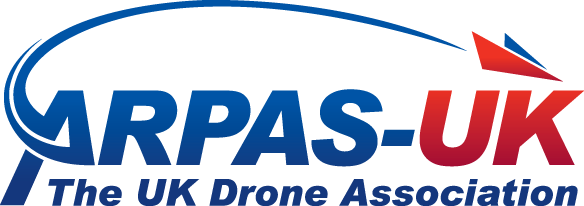The announcement about the “Closing the skills gap” cohort joining the UK Research and Innovation Future Flight Challenge on august 8th, 2023, is a significant development in addressing the skills gaps in the UK’s aviation and aerospace sector, particularly in future flight services and technologies. Here’s a breakdown of the key points from the announcement:
Inspiring the Next Generation: The Future Flight Challenge is committed to inspiring the next generation of professionals in the aviation and aerospace industry. To achieve this goal, several projects have been funded, including:
- School students visiting aviation facilities and engaging in hands-on activities such as designing and 3-D printing their own aircraft design models.
- Offering online short courses in cybersecurity, with a focus on reaching underrepresented groups like women and girls.
- Introducing students to mentors who work in aviation to provide insights into career opportunities and pathways.
Higher Education Involvement: Many projects are developing short courses and modules specialised in Advanced Air Mobility (AAM) and Urban Air Mobility (UAM) in colleges and universities. These educational programs aim to equip undergraduates and postgraduates with the necessary skills for careers in future flight technologies.
Upskilling the Existing Workforce: Recognising the importance of supporting the current workforce in the aviation industry, various training methods and programs will be developed. These initiatives include:
- Enhancing drone pilot training through the use of virtual reality (VR) technology.
- Upskilling the aviation maintenance workforce to prepare them for future aircraft types and scenarios.
- Developing safety training and risk management protocols for Beyond Visual Line of Sight (BVLOS) drone operations.
Vocational Training and Continuing Professional Development (CPD): Several projects are focused on providing resources to professionals across various sectors of the UK economy. This includes:
- UAM Academy for UK City and Local Government (UAM4gov) developing resources and interactive seminars to help local authorities and public bodies understand their role in adopting future flight services and how these technologies can benefit their communities.
- digiLab creating an online course in artificial intelligence (AI) and machine learning (ML) and their applications in future flight.
Innovate UK KTN Support: Innovate UK KTN, a delivery partner on the Future Flight Challenge, has played a pivotal role in this competition by offering support and guidance. This includes webinars and one-to-one support for project applicants, including help with finding collaborators and reviewing draft applications.
Overall, this initiative aims to bridge the skills gap in the rapidly growing field of future flight, inspiring and educating both the next generation of professionals and the existing workforce to meet the industry’s evolving needs.
For more information head over to Innovate UK by clicking here


